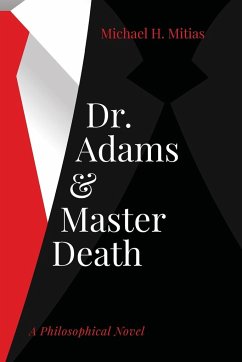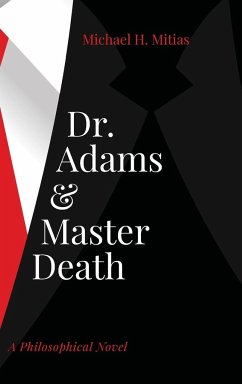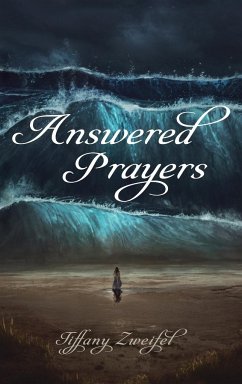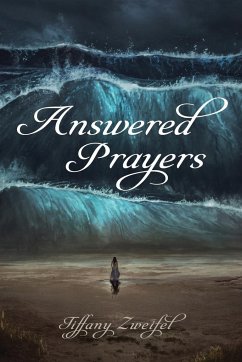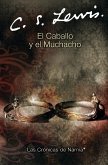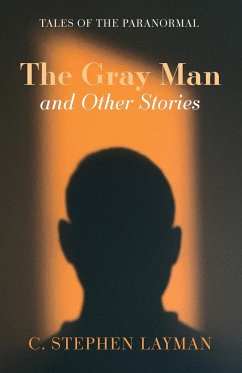What is the meaning of human life, of living for a short period in this strange world and then leaving it alone, quietly in the silence of your soul? What is the central aim of liberal arts education? What makes the life of a human being worth living? This novel revolves around these three questions. The exploration of the first question takes place in a long conversation between Master Death and Dr. Adams, a professor of philosophy at Webster College in Jackson, Mississippi. While Master Death argues that human living is a process of human dying, Dr. Adams argues that an understanding of the reality of death is a necessary condition for leading a worthwhile life. Dr. Adams argues that the aim of liberal arts education is the cultivation of human character. The serious atmosphere of the novel shines brilliantly with a beautiful romance between one of Dr. Adams's distinguished students, David Brandon, and the daughter of his dear friend, Dr. Stanley Lawson.
Hinweis: Dieser Artikel kann nur an eine deutsche Lieferadresse ausgeliefert werden.
Hinweis: Dieser Artikel kann nur an eine deutsche Lieferadresse ausgeliefert werden.

